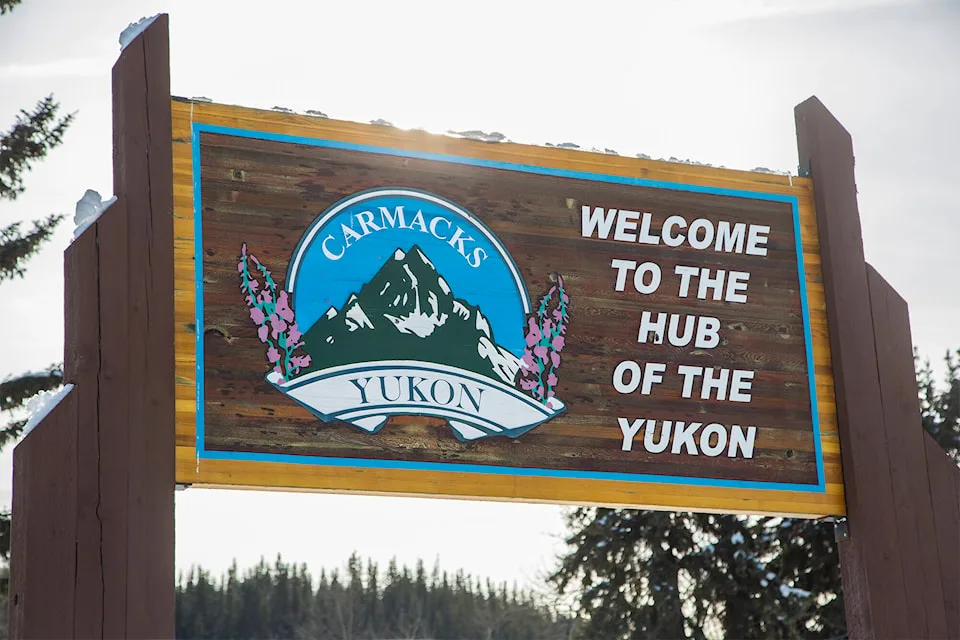Yukon – Department of Justice Canada
Canadians expect to live in a society where the criminal justice system is fair, impartial and supports the needs of victims. This includes continued efforts to break down barriers, combat systemic racism and systemic discrimination, close socio-economic gaps, and promote greater equality and prosperity for Indigenous peoples.
Today, Member of Parliament for Yukon, Brendan Hanley, on behalf of the Honourable Arif Virani, Minister of Justice and Attorney General of Canada, announced a total of $800,396 in new funding to the Yukon Aboriginal Women’s Council (YAWC) for two Indigenous-led projects in Whitehorse, Yukon.
The Government of Canada, through the Indigenous Partnership Fund, is providing $75,000 in 2024-2025 for the development of an organization-specific action plan that will contribute to implementing the UN Declaration on the Rights of Indigenous Peoples Act (UN Declaration Act) and its related Action Plan.
In addition, through the Victims Fund’s Community Support and Healing for Families initiative, the Government of Canada is providing $725,396 over five years (2024-2029) for the creation of a community hub at the YAWC office. This hub will offer a range of activities for families of missing or murdered Indigenous people. These activities will include life skills coaching, sharing circles, and mental health workshops to foster holistic healing and empowerment. This project will help to improve services for families of missing and murdered Indigenous women, girls and 2SLGBTQI+ people and survivors of violence.
These projects will contribute to the implementation of the UN Declaration Act and improve access to services for victims and survivors of crime. They will also support the Government of Canada’s efforts to advance reconciliation,and respond to the Truth and Reconciliation Commission’s Calls to Action on justice and reconciliation, and the MMIWG National Inquiry Final Report’s Calls for Justice 1.7 and 3.1. By contributing to the work of this Indigenous women’s regional organization, the Government is also ensuring that implementation of the UN Declaration Act Action Plan is broad, inclusive, and reflective of gender and other diversity considerations.
Also, Minister of Indigenous Services and Minister responsible for FedNor, Patty Hajdu, announced the recipients of NICHI’s expression of need process to address the critical need for safe and affordable urban, rural and northern Indigenous housing projects in British Columbia.
Today’s announcement includes close to $26.8 million in funding for 16 projects in British Columbia led by:
- Victoria Native Friendship Centre
- Secwépmec Child and Family Services Agency
- Aboriginal Coalition to End Homelessness
- Fort St John Native Housing Society
- Dakelh & Quesnel Community Housing Society
- Citaapi Mahtii Housing Society
- Dakelh & Quesnel Community Housing Society
- Kekinow Indigenous Programs and Services Society
- Aboriginal Housing Society of Prince George
- Island Urban Indigenous Wellness Society
- Tillicum Lelum Aboriginal Society
- ALT Jackson Housing Society
- Lu’ma Native BCH Housing Society
- ALT Commercial Housing Society
- Sanala Culturally Supportive Housing Society
- Kekinow Native Housing Society
Through the national process, $277.8 million out of a total funding amount of $281.5 million is being distributed to 75 projects across the country aimed at building more than 3800 units. This funding was provided to Indigenous Services Canada through Budget 2022 and distributed by NICHI, applying its “For Indigenous, By Indigenous” approach. NICHI brings together Indigenous-led housing, homelessness, and housing-related service delivery organizations to provide lasting solutions that address diverse housing inadequacies, including homelessness for Indigenous Peoples living in urban, rural and northern areas.
Over 171,000 Indigenous Peoples in urban, rural and northern areas off reserve are in core housing need according to the 2021 Census. Indigenous Peoples continue to experience core housing needs at a significantly higher rate than non-Indigenous people—with the gap between them being exacerbated by the housing and homelessness crisis and by inadequacies in distinctions-based funding. Through a For Indigenous, By Indigenous approach to Indigenous housing that recognizes Indigenous organizations are best placed to understand the needs of their communities, Indigenous Services Canada is striving to close this gap by 2030.
Access to safe and affordable housing is critical to improving health and social outcomes and ensuring a better future for Indigenous communities. This funding initiative is part of the Government of Canada’s commitment to address the social determinants of health and advance self-determination in alignment with the United Nations Declaration on the Rights of Indigenous Peoples Articles 21 and 23.








